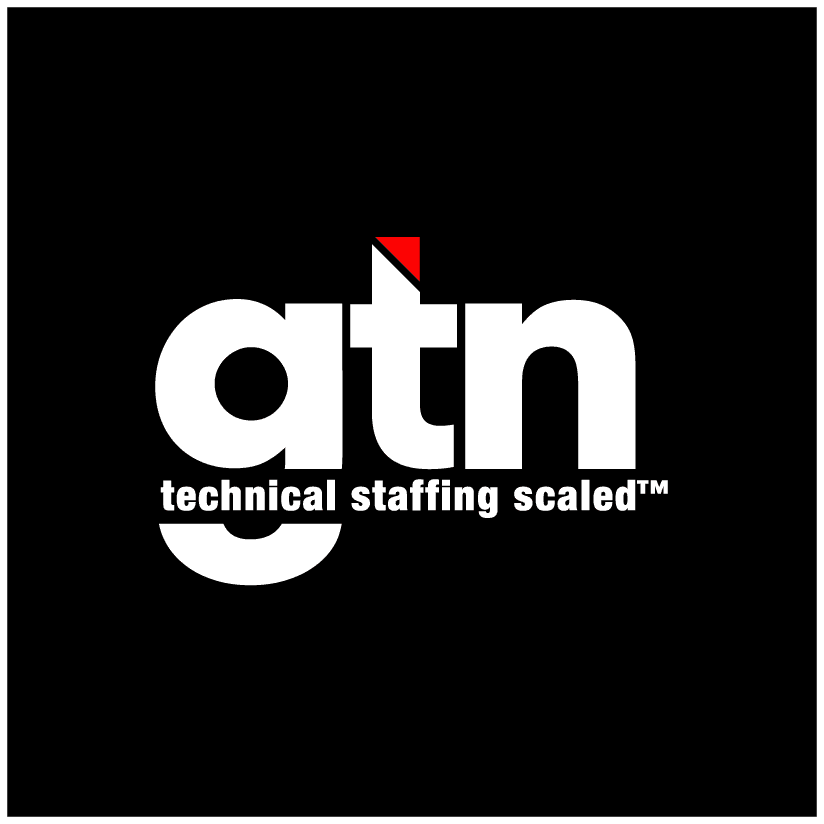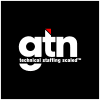Let’s be honest—AI in hiring is no longer just a novelty. It’s everywhere. From resume screening bots to chat-based interview schedulers and even autonomous candidate assessors, AI is transforming the way companies source, evaluate, and engage talent.
But with great automation comes great responsibility.
While businesses race to adopt AI to speed up their hiring pipelines, many are overlooking the essential infrastructure needed to ensure that this technology operates fairly, ethically, and legally. That infrastructure is called AI governance. Without it, the risks aren’t just theoretical—they’re real, measurable, and growing.
At GTN Technical Staffing, we’ve seen how AI can streamline the hiring lifecycle. But we’ve also seen how unchecked AI can introduce bias, create compliance liabilities, and erode candidate trust. That’s why responsible AI isn’t just a goal—it’s a necessity.
Let’s break down what AI governance really means for hiring teams and how companies can build a fast, smart, and ethical hiring strategy.
What Is AI Governance in Hiring?
AI governance refers to the policies, procedures, and systems that ensure artificial intelligence is used in ways that align with legal, ethical, and organizational standards.
In the hiring context, that means ensuring that AI tools:
- Comply with employment laws and anti-discrimination regulations.
- Operate transparently so decisions can be understood and explained.
- They are auditable, so companies can identify and correct errors or biases.
- Reflect your company’s values and not just algorithmic logic.
Governance isn’t just about limiting AI’s reach; It’s about directing these tools intentionally while maximizing their effectiveness.
Why The Ethics of AI Matters More Than Ever
AI adoption in HR is accelerating. According to a 2024 SHRM survey, nearly 1 in 4 companies now use AI to assist with HR-related activities, including recruiting and hiring. However, less than half of those organizations have a formal AI usage policy.
That’s a problem.
Because even well-meaning AI can produce biased results if it’s trained on skewed data. In hiring, the stakes are high. Biased algorithms can quietly screen out entire groups of candidates based on gendered language in resumes, names associated with certain demographics, or even college attended.
Lawsuits are already surfacing. In late 2023, the EEOC filed its first AI-related hiring discrimination suit, signaling stricter enforcement around algorithmic bias. Similar regulatory scrutiny is happening in the EU under the AI Act and in states like Illinois and New York, where laws now require disclosure and fairness audits for AI hiring tools.
In short, if you’re using AI in hiring, you need governance in place yesterday.
The Building Blocks of Effective AI Governance
Responsible AI starts with deliberate design. Here are the core elements every organization should prioritize:
- Data integrity
Your AI is only as fair as the data you feed it. That means cleaning historical hiring data, removing bias-inducing variables, and tracking model performance across different demographics. Use anonymization techniques to strip personally identifiable information (PII), and retrain models when you detect disparate outcomes. - Transparency and explainability
If you reject a candidate, can you explain why? Black-box algorithms that offer no insight into their decision-making process are risky. Responsible AI governance mandates the use of explainable models—especially in screening and assessment stages—so you can defend every decision and correct bad ones. - Human oversight
AI doesn’t eliminate human accountability, but it does reinforce the need for it.
Companies must build workflows that keep humans in the loop. A recruiter should always have the authority to override a recommendation or investigate a rejection, especially when AI performance seems off. - Audit trails
Companies must add traceability to every hiring decision made with AI. Logging who interacted with the system, when, and why is essential for compliance, especially under regulations like GDPR, the EEOC’s proposed guidance, or California’s privacy laws. - Vendor accountability
If you’re using a third-party AI solution, make sure your vendor can provide fairness reports, model documentation, and evidence of compliance with emerging AI laws. Don’t settle for vague assurances—demand transparency.
How GTN Technical Staffing Approaches Responsible AI
At GTN, we work with technical clients who expect precision in skill matching and process integrity. That’s why a few core principles govern our approach to AI in hiring:
- AI supports humans, not replaces them. We use automation to eliminate grunt work, but never to fully automate decisions about our candidates.
- We audit our tools. From resume parsers to scheduling bots, we evaluate all third-party systems for fairness, transparency, and compliance.
- We educate clients. If clients want to integrate AI into their hiring stack, we help them understand the risks and design safeguards and remain aligned with emerging regulations.
- We never compromise on candidate trust. Every interaction, whether AI-generated or human-led, must reflect the professionalism and transparency our brand is known for.
Common AI Pitfalls and How to Avoid Them
Despite the best intentions, it’s easy to fall into governance traps. Here are a few we’ve seen:
- Using off-the-shelf tools with no auditability. Just because a tool integrates with your ATS doesn’t mean it’s compliant.
- Blindly trusting performance metrics. An AI tool that boasts “90% accuracy” may still underperform for underrepresented groups.
- Over-relying on automation. Screening 1,000 resumes in five minutes sounds great—until you realize the model has been filtering out career changers or candidates from non-traditional backgrounds.
To avoid these traps, organizations need a cross-functional AI governance committee—including stakeholders from HR, IT, compliance, and legal—and regular model evaluations.
Looking Ahead: The Future of Regulated AI in Hiring
As AI tools become more embedded in the hiring process, governments and regulatory bodies are stepping in to ensure fairness, accountability, and transparency. What’s coming isn’t just light oversight—it’s a paradigm shift in how companies build, document, and monitor their AI systems. Here’s what you can expect.
- Mandatory impact assessments for high-risk hiring algorithms
AI systems used in hiring are increasingly being classified as “high-risk” under laws like the EU’s Artificial Intelligence Act and similar U.S. proposals. Why? Because hiring decisions have a profound effect on people’s lives—and if those decisions are flawed or biased, the consequences are serious.
Impact assessments will require organizations to evaluate and document how their AI tools function, what data they use, what risks they pose (such as bias against protected classes), and what controls are in place to mitigate those risks. These aren’t optional—they’d be required before deploying or continuing to use an AI system in talent acquisition.
- Stronger candidate rights, including the right to contest algorithmic decisions
Under proposed and existing laws (like the EU’s General Data Protection Regulation or New York City’s Local Law 144), candidates will likely gain new rights when evaluated by AI tools.
These rights could include:
–Notification that AI is used in the hiring process.
–An explanation of how the AI made a decision—e.g., why a candidate was screened out.
–The ability to challenge or appeal that decision, and potentially have a human re-review their application.
This shift forces companies to ensure their systems are not just efficient, but also transparent and reversible. If your AI says “no,” a human must be empowered to say, “Wait a minute—let’s double-check.”
If AI in hiring is the engine, governance is the brakes, seatbelt, and navigation system. Without it, even the most powerful tools can veer off course, damaging your brand, legal standing, and ability to compete for top talent.
At GTN Technical Staffing, we believe AI should make hiring faster, smarter, and fairer. That’s why we advocate for responsible implementation grounded in technology and humanity.
Because hiring isn’t just a transaction, it’s a signal of who you are as a company. And nothing should undermine that, especially not your tech.
Can’t find the tech talent you need? Call GTN. We’re a full-cycle recruiting firm partnering with the best industry candidates to bring you the talent you need. Call us.





